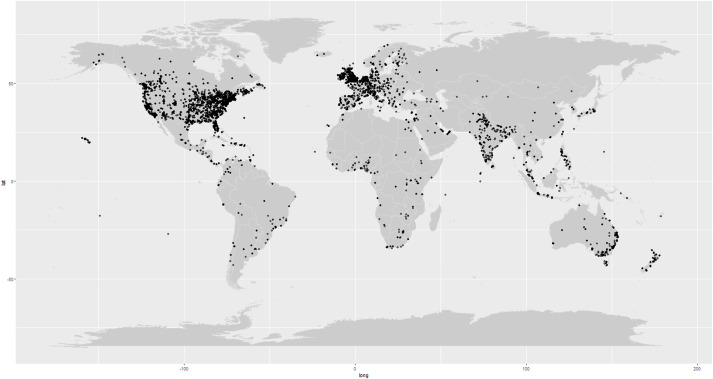Elsevier,
Heliyon, Volume 9, Issue 2, February 2023, e13118
The authors of this study adopted a novel methodology, involving the use of unsupervised machine learning to analyse a large volume of free-text data from social media tweets with content related to healthy ageing, and further categorised the arising broad themes through inductive and iterative thematic analysis.
Elsevier,
Current Research in Ecological and Social Psychology, Volume 4, January 2023
Climate change not only has effects on people's mental health and emotions, but emotions and associated behavioral patterns may also affect the further course of climate change. Most importantly, climate change distress may serve as a motivating force for pro-environmental behavior. This study examined the effect of climate change distress on pro-environmental behavior and investigated the association between age and gender with climate change distress and climate change impairment.

